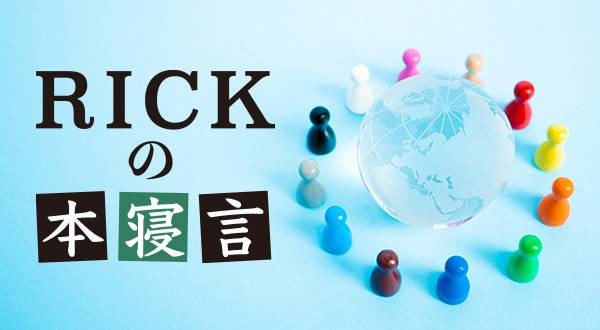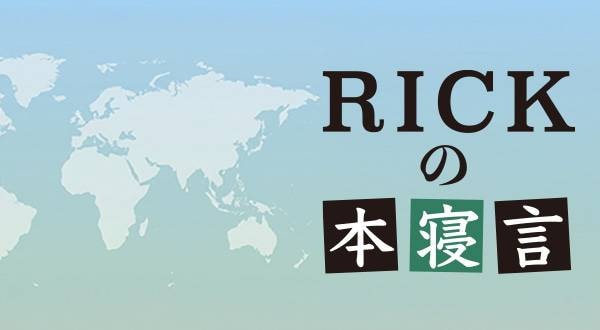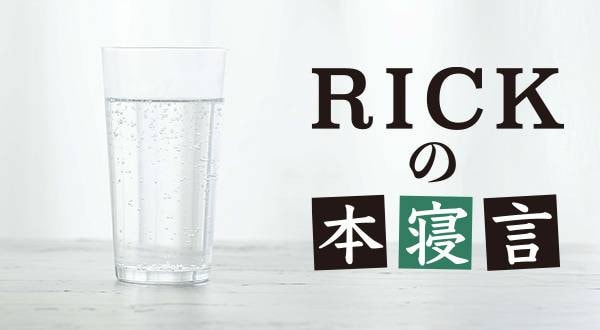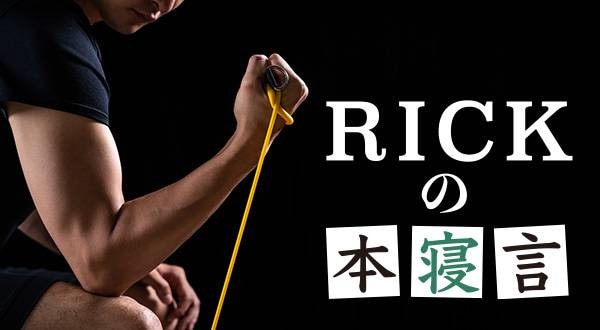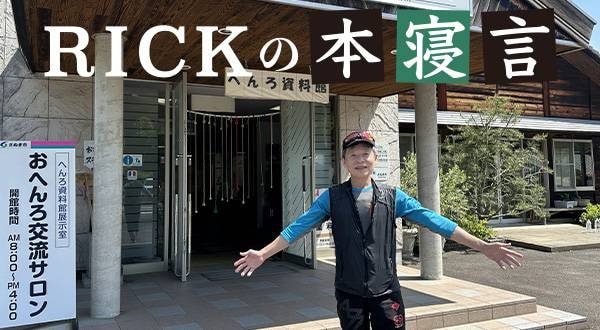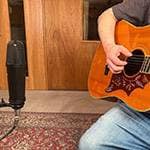In 2023, Sound House took a major step in the direction of social welfare. I established the Sound House Kodomo no Mirai Foundation and decided to make monthly donations from company profits to groups that support children. As an extension of this, the foundation not only provides the donations to support organizations in need, but also, as a start of a project in which the foundation will be directly involved, provides support to women. The foundation has also started a project called Mirai House Kumamoto, which provides support for women, especially young pregnant women who want to give birth but are hesitant to do so due to postnatal care or problems with their current circumstances. The Sound House Foundation provides long-term accommodations for women in need of its services and takes care of all the staff working there. Another bold project is the donation of all proceeds from the sale of junmai daiginjo sake, named “SoundHoushu”, to children in need. All of this is funded by a portion of Sound House’s profits.
While this may lead many to believe that Sound House is a very profitable company, the reality is actually harsh. Competition in the online music industry is stiff, and Sound House’s performance has been weak to say the least, especially in the wake of the recent online points competition among the three major e-commerce malls. There are various measures of a company’s profitability, but the recurring profit to sales ratio, for example, has been declining steadily. In other words, although sales are increasing, profits are decreasing as a percentage of sales. This is not a good thing. And in recent years, profits have often fallen to the point where they are barely breaking even. One might ask, “What does the country’s leading online music store Sound House have to say about this?” but it’s true, so it can’t be helped.
Then, why do we continue to donate money in such difficult circumstances and even establish a foundation to provide monthly support? If we can afford to do so, we can almost hear someone screaming for more salaries and bonuses for our employees. Sound House is proud to be the company that has raised its salary base the most in the music industry, so we are unmoved by what is being said. However, as the owner and manager of the company, I believe that at the very least, I have to give an explanation. Whether or not people will understand this will be another issue for the next time.
The Two Sides to the Necessity of Money
To begin with, money is important for living in today’s fast-paced, ever-evolving world. It is no exaggeration to say that it is indispensable. Without money, it is practically impossible to live. Therefore, it is important for everyone, including myself, to work and earn money for everyday living, and to live is the same as to work. If you don’t work, you don’t eat! It’s man’s destiny to receive his daily bread from the income he earns with his own hands. By earning money, people’s lives become richer. Money must be cherished.
But, you have to be careful because money is not God. Moreover, thinking too much about money can drive people crazy. In fact, most of the tragic incidents that occur throughout the world are caused by money-related disputes. We must not forget that money is a demon and can trigger damage that can take lives. We should keep in mind that money is an important asset and its true value can be found only by saving and spending it well. So, I want to take a moment to think about money.
What the Bible Says About the Truth of Money
The Bible, considered to be the world's bestseller, actually has a lot to say about money. Among them, a collection of the word of Solomon written in the Proverbs of the Old Testament is a treasure trove of interesting sayings that can be beneficial just by reading them. In addition to money, the proverbs also talks about how alcohol drives people to insanity, the pitfalls of male-female relationships, troubles related to power, and many other things all expressed in a unique way. For example, the famous proverb, "Fall seven times and rise eight," which is often thought of as a Japanese proverb, seems to have its roots in Proverbs. It is written, "A man who obeys God will fall down seven times and get up again. Also, if a woman lacks intelligence no matter how beautifully dressed she is, she is just like a pig with a gold ring on her nose." The charm of Proverbs is that it is spelled out one proverb after another, even with these kinds of metaphors.
From these proverbs, we can read five important points about money. I hope you will pay attention to them.
1. Rich people exist and owning your own property is OK
The rich and the poor coexist in this world. This is a fact of history and an unavoidable reality. This is a reality that must be considered in light of the current situation. Proverbs says
“Rich and poor have this in common: The LORD is the Maker of them all." (Proverbs 22:2)
Both the rich and the poor are considered to be the status quo as permitted by God. Therefore, it is clear that being rich is not a bad thing. Proverbs affirms the existence of the rich. And the words of Proverbs continue.
"The house of the righteous contains great treasure, but the income of the wicked brings ruin.” (Proverbs 15:6)
And "The wealth of the rich is their fortified city; they imagine it a wall too high to scale.”(Proverbs 18:11)
In other words, the God-fearing person has savings, endorsing the fact that property itself supports the foundation of life and makes life abundant and solid. Furthermore, it tells us that as we save money and increase our wealth, our friends will also increase in number.
For "Wealth attracts many friends.” (Proverbs 19:4)
Hence, according to the Bible, saving money is not a bad thing. In fact, it is even more important to have money because it is thought that your friends will increase and your life will become richer due to your wealth. Therefore, working hard and increasing one's wealth seems to be a good thing in itself.
As it is written, "The plans of the diligent lead to profit as surely as haste leads to poverty.” (Proverbs 21:5)
This is our destiny given to us from heaven. It seems as if it is recommending that we work hard to earn a profit and then make a fortune.
2. Property is Something that Disappears
However, it seems that property is not something that should not be saved all the time. Nor should we be captivated by it. Proverbs warn us that even if we have saved up a fortune, it might soon disappear. Do not keep thinking that you will work hard, save money, make lots of friends, and live a good life. Because in one turn of events, that wealth can disappear. The Bible also warns, as if by prohibition, about the whereabouts of possessions: "As soon as you turn your eyes away from them, they will be gone.
“Cast but a glance at riches, and they are gone…” (Proverbs 23:5)
“for riches do not endure forever…” (Proverbs 27:24)
In other words, the wealth we work hard to accumulate is not something that remains with us forever, but is destined to disappear sooner or later. What is more, the speed at which it does so is too fast!
“Dishonest money dwindles away” (Proverbs 13:11)
One might think that working and saving money is meaningless, but this is not the case.
“but whoever gathers money little by little makes it grow.” (Proverbs 13:11)
In other words, although money is something that eventually disappears, there is no difference in the fact that it can be effectively utilized because it can be increased to some extent if one works hard and earns money with one's own hands. Therefore, it can be said that working for a living, earning, and saving money is not in itself a bad thing. The possibility of increasing one's wealth remains. The important thing is not to drown in the temptation of money. Money is doomed to disappear if we are not careful. Even if you are not careless, it is better to think of your wealth as something that will eventually disappear.
3. Greed is Wrong.
Fundamentally, what must we be careful about? Saving money earned through work is not a bad thing; in fact, it is a sign of diligence. Therefore, working hard seems to be a good thing, and we can then increase savings and stabilize our lives. This may be true, but there seems to be a terrible trap set in the savings, or in other words, in the wealth that each of us has accumulated. That is the terrible trap of greed, which ruins human beings.
Proverbs clearly calls for caution. These three proverbs reveal a potential problem with wealth, or money.
The Proverbs says,"Those who trust in their riches will fall," (Proverbs 11:28)
“Do not wear yourself out to get rich; do not trust your own cleverness." (Proverbs 23:4)
" The stingy are eager to get rich and are unaware that poverty awaits them.”(Proverbs 28:22)
What Proverbs advises is not to rely on money. It seems to be telling us that if we become attached to it, we will end up in terrible circumstances. Since money is something that will eventually disappear, it is desirable not to try hard to save it, but rather to accumulate it naturally while working without being obsessed with it. And, you should be grateful when it is given to you. If one is committed to such a way of thinking, one is not obsessed with money, so it is not surprising if money disappears. In any case, it is wrong to be so greedy for money and to live in such a way that one thinks only about money. Proverbs warns that such a person will become impatient with the desire for money and will eventually end up poor. In this regard, we should take this to heart.
4. Together with the Poor
So what should we do with the money we have worked so hard to save? The saying tells us that eventually money leaves. Moreover, no one can take all of that saved money to heaven when they die, but shouldn't we make good use of the money while we are alive? If we think this way, we will naturally find good ways to use our money. Proverbs therefore admonishes us with two sayings.
It is better to "Better to be lowly in spirit along with the oppressed than to share plunder with the proud." (Proverbs 16:19).
And, "He who gives to the poor will never lack" (Proverbs 28:27)
These two aphorisms are very valuable because even after the rich man's savings and the danger of running out of money, they are beautifully connected to the story of the poor. The basic idea is that it is far better to be with the poor than with those who, rich or not, would share their ill-gotten wealth. It points to what one's heart is connected to, what one's mind's eye sees. It is about who you connect with and what you are looking for in life. The proverb teaches that there are more important things other than money.
So, what is important? Who should we be close to? The proverb tells us that it is important to be close to the poor and needy, and to share, or give away, what we have according to need. If you have money, and if you are fortunate enough that God has allowed you to have wealth, the way to live as a human being is to actively give to the poor, not just to seek it out and increase it. Moreover, by giving to others, by helping those in need, he affirms that his wealth will not be less, but rather the opposite, that he will never lack.
Is this what God's providence is all about? Everyone must be worried that if they give what they have to those in need, their wealth will be diminished. However, I cannot help but be amazed at the assurance that giving to others does not diminish one's possessions, and in fact, there is no lack of possessions.
This is the belief that Sound House is striving for now. In other words, we will continue to give in order to help children in need. And, I sincerely hope that we can improve the living environment of as many children as possible. As a result of this work, the Sound House's assets are not dwindling away, but on the contrary, they are flourishing forever, without lack. I cannot help but believe in the mysterious providence of God.
Finally, I would like to learn from three proverbs about the secret to human happiness. The ultimate question is how can a person lead a happy life? I have focused on the following words of Proverbs.
“Better a small serving of vegetables with love than a fattened calf with hatred.." (Proverbs 15:16)
“Better the poor whose walk is blameless than the rich whose ways are perverse.." (Proverbs 28:6)
“Keep falsehood and lies far from me; give me neither poverty nor riches” (Proverbs 30:8)
The Lord spoken of here is the Hebrew word for God. First of all, it is important to note that even if one becomes wealthy, it is better to live with faith in God even if one has no money than to spend one's days worrying about money so much that one cannot sleep at night. Money is important, but it often takes people's hearts captive and sometimes even leads them down evil paths. Therefore, the Bible warns against money again and again. Jesus Christ also said that it is hard for the rich to enter the kingdom of heaven. We all need to be careful not to be obsessed with money and not to allow our hearts to be ensnared by it. We must remember that money has the power of temptation and tends to be a trap.
In fact, this is the hard part. Once everyone appreciates money and has it, they tend to want more of it. Then without realizing it, they may even suddenly find themselves on the wrong path to make money. Therefore, the old adage rebukes the way of thinking that tries to make money and become wealthy even if it is out of humanity, and teaches that people will be happy even if they are poor by doing what is right in the way of humanity by believing in God and by taking care of each other.
So, how can we break free from greed and continue on the straight and narrow path, the right path, with or without money? How can we stay free from attachment to money? Today, most Japanese are affluent by global standards, and few are economically well-off and forced to live in poverty. In such a modern society. Some may wonder how Japanese people should think about money.
The answer to this hesitation can be called the Spirit of the Middle Way. This was spelled out in the third saying. I hope that you will not become poor. And, at the same time, do not become rich and be held captive by money. If you have enough money to live on, you should be happy enough. The saying is summed up in the prayer, "And let me walk the right path. It is this kind of prayerful thought that naturally leads us to the desire to provide for the poor if we have enough of our own wealth.”
The ultimate stage is symbolized by Mother Teresa's words, "Give until it hurts!” It would be wonderful if we could give until it hurts our own pocketbooks, even if it is something we need, we can give it to those in need. It may not be too difficult to donate what you have. Once you start donating, you become accustomed to the act and take it for granted. However, Mother Teresa told the world that true donation and true support is all about the desire and action to help others, even at the cost of one's own life.
That is why Sound House made the decision to take charitable action to help children in need, even from the little profit it has. As the founder and manager of the company, I am sure that Sound House's profits will be used for those in need and for children as long as I am alive. Even if this means that the company will temporarily lose money, it will not matter.
Because, as the saying goes, "He who gives to the poor will never lack."
It is because Sound House started from nothing that I would like to bring the company’s aim for charity in the true sense of the word, to help others. The road is not easy. Even I, who am saying this, may be kicked out someday. But the word of God is eternal. These days, I think it is important to listen to the wonderful sayings hidden in Proverbs, learn them over and over again until they become ingrained in my heart, and put them into practice.








